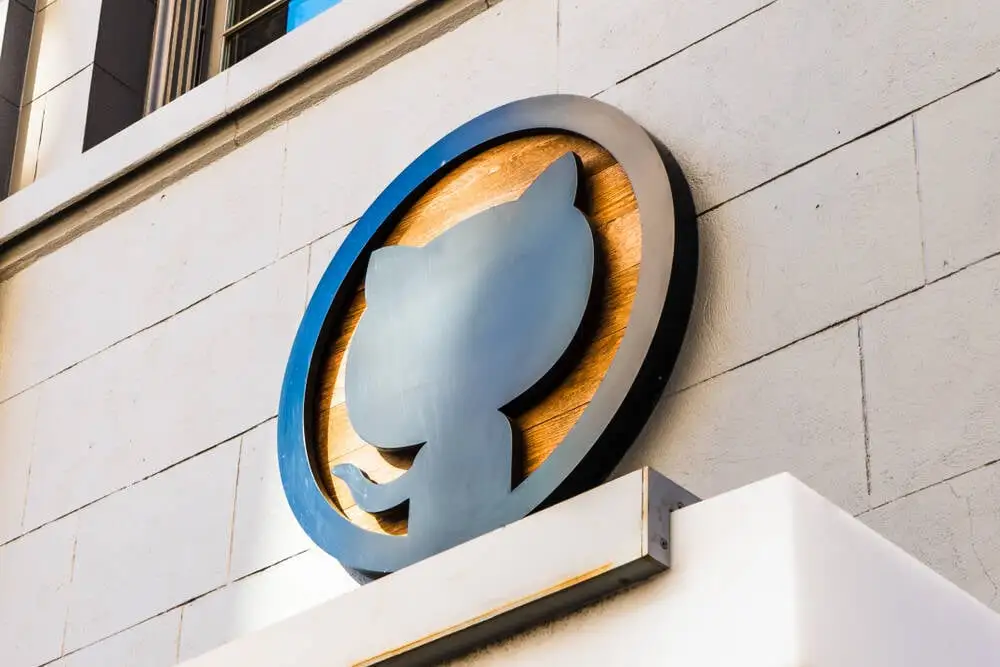Researchers at Truffle Security have found, or arguably rediscovered, that data from deleted GitHub repositories (public or private) and from deleted copies (forks) of repositories isn’t necessarily deleted.
Joe Leon, a security researcher with the outfit, said in an advisory on Wednesday that being able to access deleted repo data – such as APIs keys – represents a security risk. And he proposed a new term to describe the alleged vulnerability: Cross Fork Object Reference (CFOR).
“A CFOR vulnerability occurs when one repository fork can access sensitive data from another fork (including data from private and deleted forks),” Leon explained.
For example, the firm showed how one can fork a repository, commit data to it, delete the fork, and then access the supposedly deleted commit data via the original repository.
The researchers also created a repo, forked it, and showed how data not synced with the fork continues to be accessible through the fork after the original repo is deleted. You can watch that particular demo.



Ah - Actually reading the article reveals why this is actually an issue:
So enumerating all the orphan commits wouldn’t be that hard.
In any case if a secret has been publicly disclosed, you should always assume it’s still out there. For sure, rotate your keys.